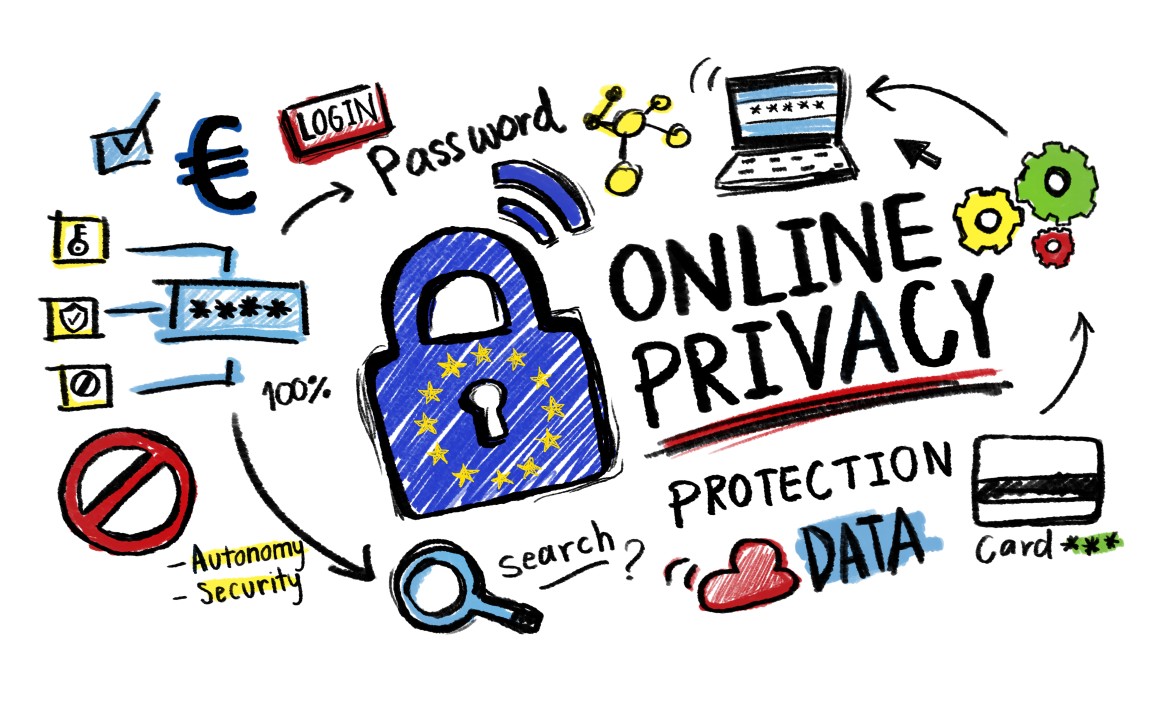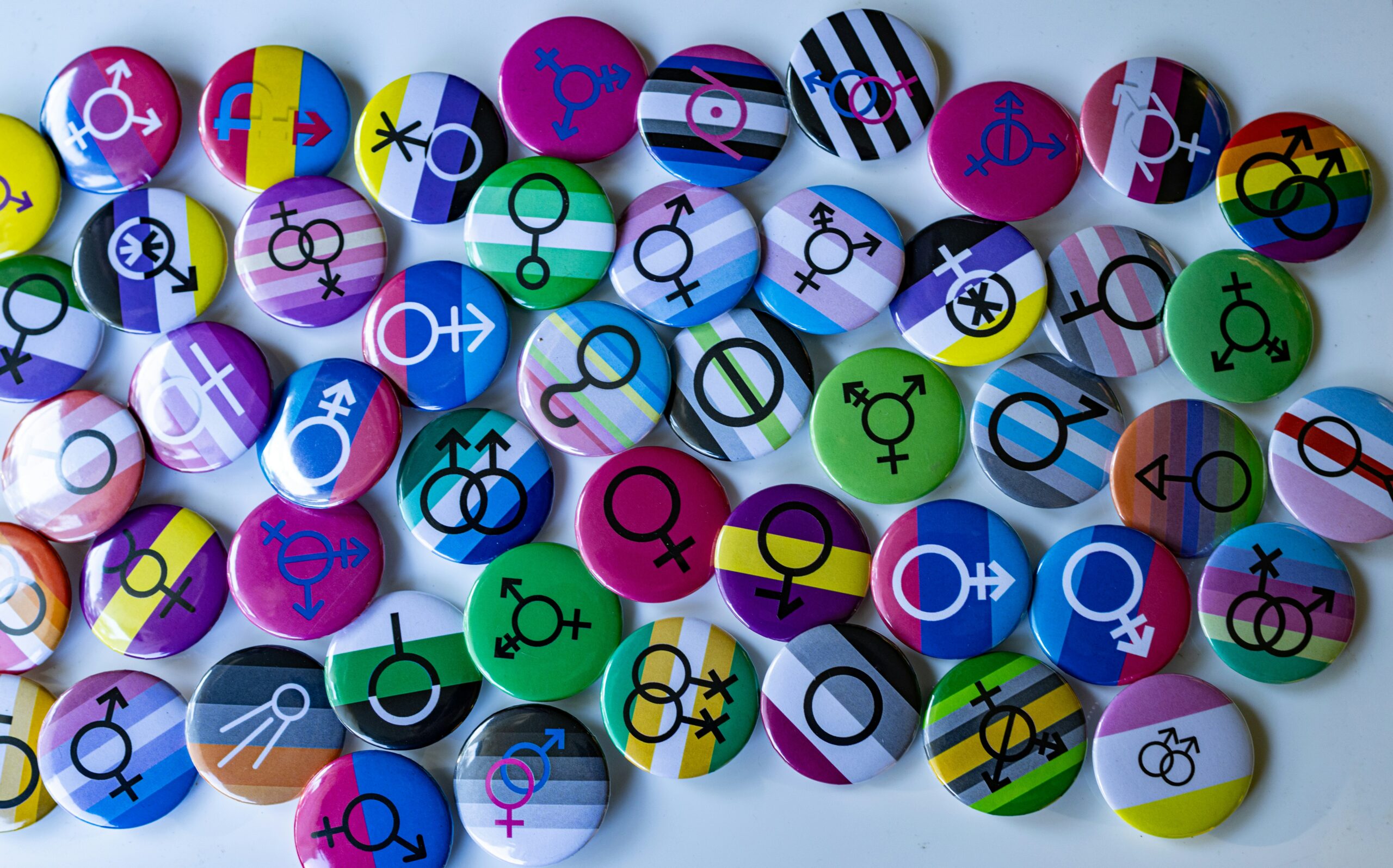Career Focus
The ABC’s of Networking
No matter what your occupation or your age, if you are a job-seeker you have probably heard the word “networking” many times. Talk to any Job Coach and you will be encouraged to put your job search energy into networking instead of only answering job ads. But what exactly is networking?
The definition can be complex and multi-layered. The short answer is that networking is the act of exchanging information with people who can help you professionally, building alliances, sharing with others and connecting with decision-makers.
The longer answer can be found by breaking the definition of networking into 26 points or reviewing the ABC’s in a new way:
A = Attend networking events as often as you can. The more events you go to, the more people you will meet.
B = Business cards. Have an adequate supply on hand. You only need your name, occupational title, email address and phone number written on it.
C = Contact all leads with confidence. You never know which one will produce results.
D = Dress appropriately for networking events. You never know who you will meet.
E = Email address. Always have your name in your email address. Confusing email addresses can equal communication confusion for a potential employer and you might not be contacted only because of a poorly selected email address.
F = Facebook. Consider creating a personal fan page.
G = Goals: know your goals before you start networking. For example, if you join “Toastmasters International”, know why you are joining. Is it to improve your public speaking skills or to meet new contacts? Or both?
H = Honesty. Don’t create stories you cannot back up.
I = Information Interviews. These research meetings can develop into useful ways of becoming familiar with various jobs, workplaces and people. Be prepared and treat each meeting with the same professionalism as a job interview.
J = Join. By joining groups, professional associations, alumni associations, book clubs, cultural associations or online networking groups you might increase your chances of connecting with others. Isolation and solo job searching can be an extremely difficult road to career success.
K = Keep focused. Know where you are going and choose your targets. Employers are often more interested in interviewing job seekers who know what they want and what they can contribute.
L = Use www.linkedin.com and other social media sites to keep connected. Statistics have proven that even to secure a job interview, potential employers will Google you to see if you have an online presence.
M = Mentorship. Having a mentor offers more than having a role-model. Mentors can assist with referrals and can help you make decisions as you navigate your career.
N = Network before you need to. Statistics prove that many employers prefer to hire candidates who are employed; not people who are unemployed.
O = Open-ended questions. When attending a networking event, be sure to ask open-ended questions. The best conversationalists listen twice as much as they speak.
P = Participate in local opportunities. For example www.enterprisetoronto. com is a one-stop source for entrepreneurs and offers free events in addition to business research assistance.
Q = Quickly end conversations that are not uplifting and positive experiences. Your networking time is valuable so try not to waste it.
R = Relax when attending networking events. Other people might be as nervous as you are, so take a deep breath, go over to someone and introduce yourself. You might also want to attend networking events with someone. It is always more fun to have a buddy-system and to have a friend to de-brief with after the event.
S = Share information that you think will benefit others in your network. Sharing can be a way of developing an image of resourcefulness or becoming the go-to person others might want to connect with.
T = Treat everyone with respect. Appreciating differences, becoming comfortable with diversity and learning the expectations of employers are part of networking and working in the Canadian workforce. For example, how does your boss or volunteer supervisor, value time management, self-reliance and teamwork? Many people who lose jobs lose them not because they cannot do the work but because they do not fit the workplace culture.
U = Use the public library. For example, the Toronto Reference Library offers workshops on job search, social media, research skills, personal financial planning, entrepreneurship, how to launch your business online, how to create a business plan, and even basic computer training.
V = Volunteer selectively and with purpose. Whether it is traditional or virtual, volunteering can be a successful way to improve skills and gain new references. Visit: www.charityvillage.com or www.volunteertoronto.ca for local listings. Volunteering might not connect you to a job, but volunteer participation can look impressive on your LinkedIn Profile and possibly connect you to people who might open interview doors for you.
W = Write articles or blogs or letters to the editors for local newspapers and magazines. If you like to write there are many publications you can contribute to. You might also want to consider “warm writing” which is following up with a new networking contact via email.
X = X-ray vision. Develop x-ray vision by targeting companies you want to work for, finding someone who currently works for the company, and then cultivate a relationship with that individual. If an opportunity exists, you might be one of the first to know. It is often about whom you know, not what you know.
Y = Year by year, plan your networking strategies. Reviewing the reasons why you are building alliances and what events you are attending, can help keep you focused on the occupational path you are targeting. For example, if you are interested in finding employment in the sector of literacy and writing, you might want to attend the “Word on the Street National Book & Magazine Festival” which will be presented at Queens Park on September 22, 2013.
Z = Zealously nurture your contacts. Keep in touch with everyone who has helped you. Networking is building alliances, connecting professionally with others and is part of every successful job search.
This article was contributed by Lisa Trudel, Career Specialist. She can be contacted at: careerstepsforsuccess@yahoo.ca





